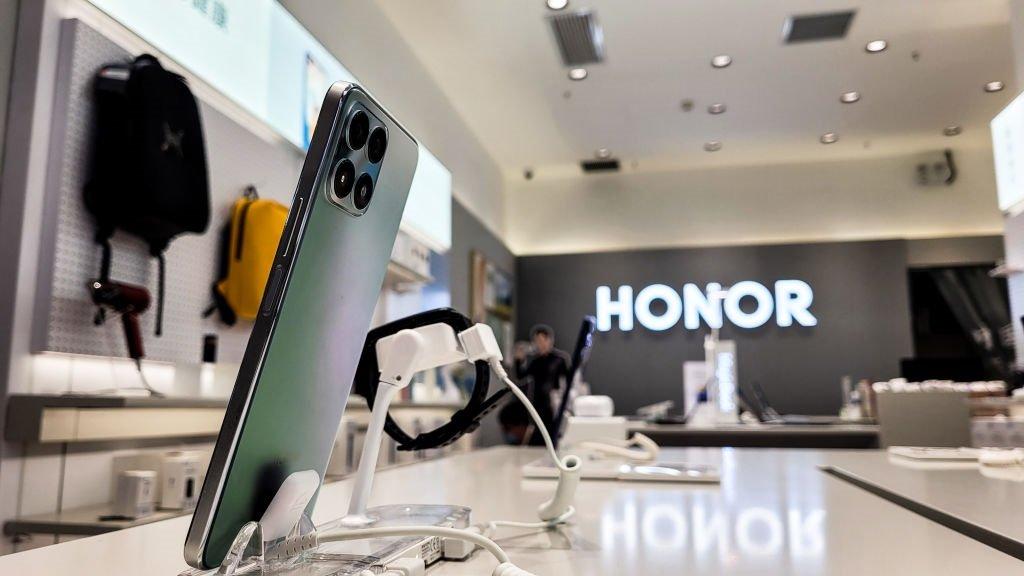Africa-Press – South-Africa. A technology firm that was once owned by Huawei aims to capture at least 10% of the South African smartphone market within the first year of its local launch. In addition, it wants to establish a base outside its former parent company.HONOR, which launched its smartphone devices in South Africa late last year, is competing with a growing number of Android phone makers determined to get a slice of the local market, which HONOR regards as “sophisticated”.The company was in 2020 offloaded by Huawei into China’s Shenzen Zhixin New Information Technology. The split from Huawei came a year after the Chinese firm was in 2019 hit by a US trade ban that impacted access to Google services for its smartphones.
But its president for the Middle East and Africa, Likun Zhao, insists that the company has carved its own path away from the tech giant.”We are not Huawei,” he told Fin24 in an interview.The company this week debuts its latest smartphone to the local market: the HONOR Magic4 Pro, which will be competing in the space that is increasingly attracting fierce competition from players such as Samsung, Xiaomi, Huawei, and more recently Oppo.”HONOR has a strategic partnership with Google and we participate in the whole Google ecosystem.
This is how the HONOR strategy is different from Huawei,” said Zhao.In 2019 the US banned a number of Chinese companies, including Huawei, from doing business with American companies, dealing a blow to partnerships with tech companies such as Google, Qualcom and Intel.HONOR has flagged South Africa as one of its “big four countries” in Africa and the Middle East in terms of growth potential.The other counties are Saudi Arabia, United Arab Emirates and Iraq.”We have put a lot of investment in for the South African market. For this year, I hope we can achieve nearly 10% of the South African smartphone market share,” said Zhao.As a new player in the block, Zhao said driving brand awareness and capitalising on the strength of the company’s innovation would be the key area of focus to capturing nimble market. The company hopes to increase its smart devices market share to between 25% and 30% over the next three years. Global chip shortage
HONOR’s production of smart devices coincided with the global shortage of semiconductors, which is a key component in the manufacturing of internal functions for smartphones and other electronic devices.Zhao stated that 2021 presented the “worth challenge” for the company, although the worst is now over in terms of navigating the chip shortages.”HONOR set up in 2020 and, unlike other companies, we had not signed agreements with chipset partners.” Zhao said that the challenge saw the company postpone the launch of its flagship HONOR50 smartphone for overseas markets.”But that was last year. For this year, we think the shortage of chipsets supply has not caused any problems. The problem has been solved.”China is the largest semiconductor market in the world, and according to the Semiconductor Industry Association, the chipset crunch has seen a startling number of new companies entering the chip manufacturing scene, especially startups. In 2020, nearly 15 000 Chinese firms registered as semiconductor enterprises.
Back in South Africa, Zhao cited the longer long lead times in delivering merchandise from China, as one of the factors that are taken into consideration when doing business in the country.”The three- to four-week period is too long,” he said, referring to the time it takes to get the shipment from China to South Africa. He said establishing a warehouse in the country would drastically reduce the period. Part of the company’s short-term strategy is to introduce other devices to the local market such as laptops, tablets and wearables.Get the biggest business stories emailed to you every weekday.
For More News And Analysis About South-Africa Follow Africa-Press






